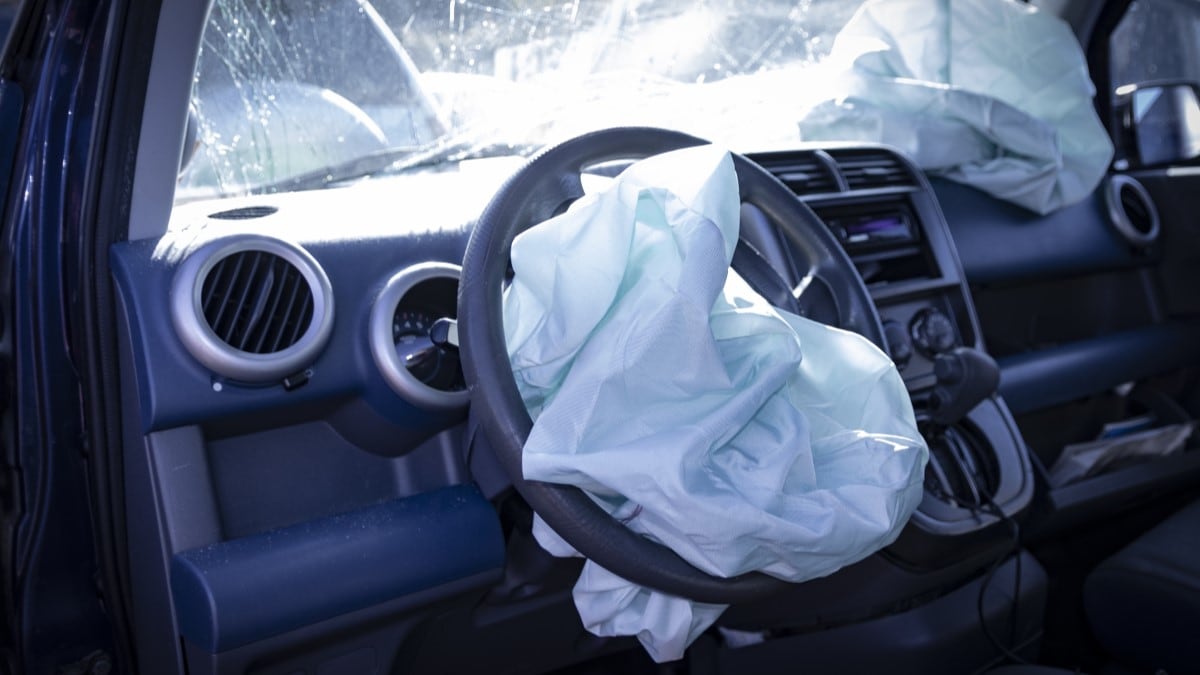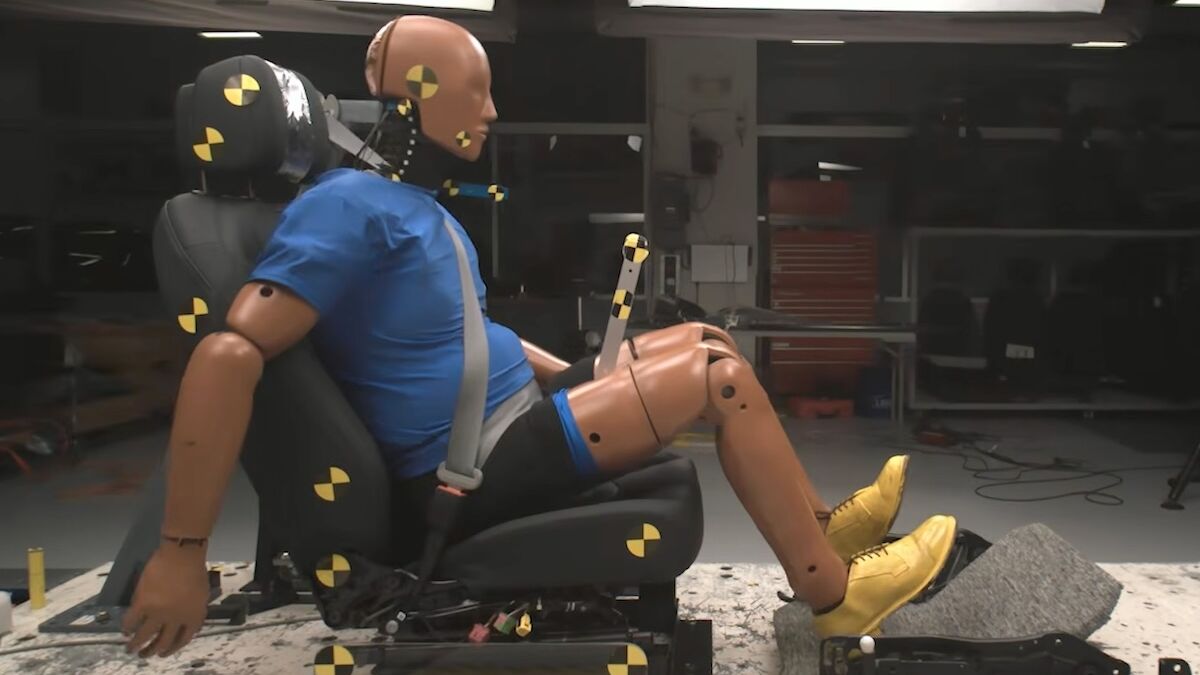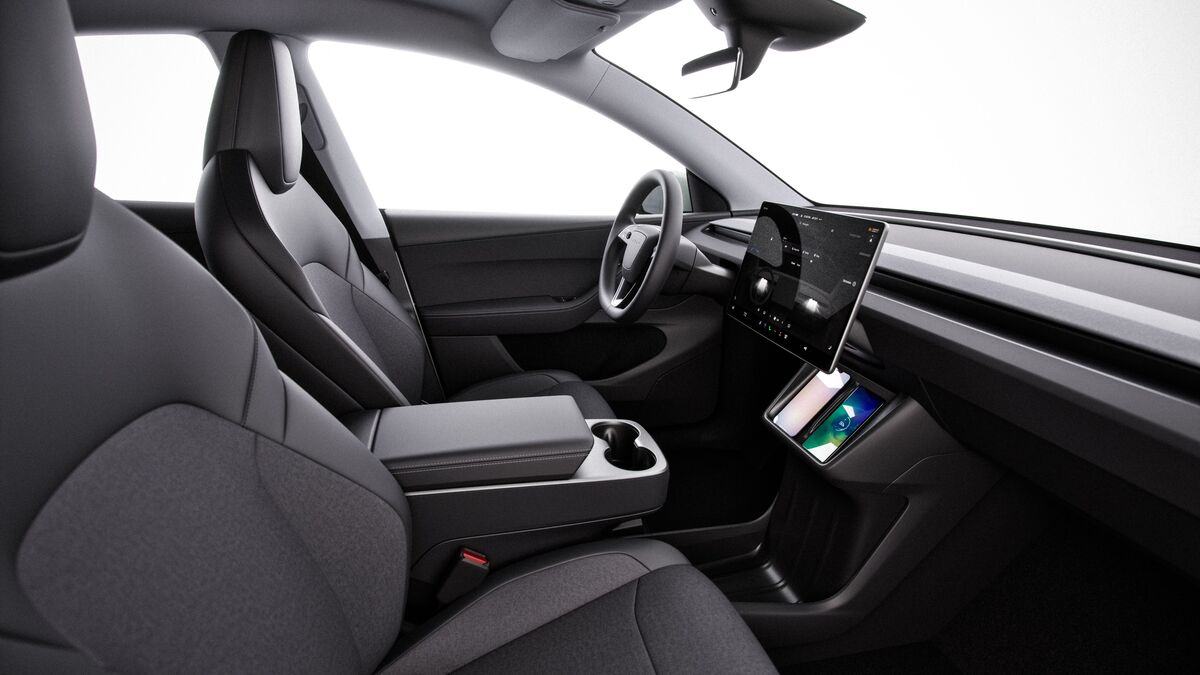The automotive parts business is massive. One recent report found that the worldwide market for car parts and accessories was worth $2 trillion in 2024 and could reach $2.4 trillion by 2030. America’s portion of that is shrinking — China is now the world’s largest car market — but it remains among the largest.
A major shock to that market, like President Trump’s new car tariffs, creates an opening for fraud.
Counterfeit parts have become a growing problem in the automotive industry. Now, experts warn, tariff-related price spikes could increase trade in fake parts.
Related: Counterfeit Airbags a Growing Danger
Industry publication Automotive News reports, “Even before the new automotive tariffs, the industry was confronting a growing problem with counterfeit safety components, including some that failed, causing multiple deaths and injuries the last two years.”
Related: Here’s How to Spot Counterfeit Airbags
The U.S. Customs and Border Protection Agency seized twice as many counterfeit parts in 2024 as it did in 2023, AN notes. “More than 490 of those parts were counterfeit airbags, 10 times the number seized in 2023.”
Related: Authorities Seized 1.6 Million Counterfeit Mercedes Parts Last Year
Michael Brooks, executive director for the Center for Auto Safety, told AN, “There are thousands of different automotive parts that are being counterfeited overseas and shipped to the United States.” Tariff-related price increases will “make that an even larger market, so it’s something that America really needs to keep an eye on,” he says.
How to Spot Them
The National Highway Traffic Safety Administration last year published a list of tips to help Americans avoid fake airbags:
Among the steps:
- Obtain a vehicle history report before purchasing a used vehicle or if you have already purchased a used vehicle and do not know its history. If the vehicle has been in a reported crash where the airbag deployed, visit a reputable independent mechanic or dealership for an airbag inspection to ensure the parts are genuine.
- Do business with reputable independent mechanics and manufacturer dealerships. When considering a purchase from a private seller, obtain a vehicle history report and have the vehicle inspected by a trusted mechanic.
- Ask about the replacement parts when having a vehicle serviced, including the brand and sourcing of the parts.
- Buy with caution when looking at automotive parts online from overseas retailers or those sold at prices well below competitors. Remember: If it’s too good to be true, it likely is — and it could be deadly.








